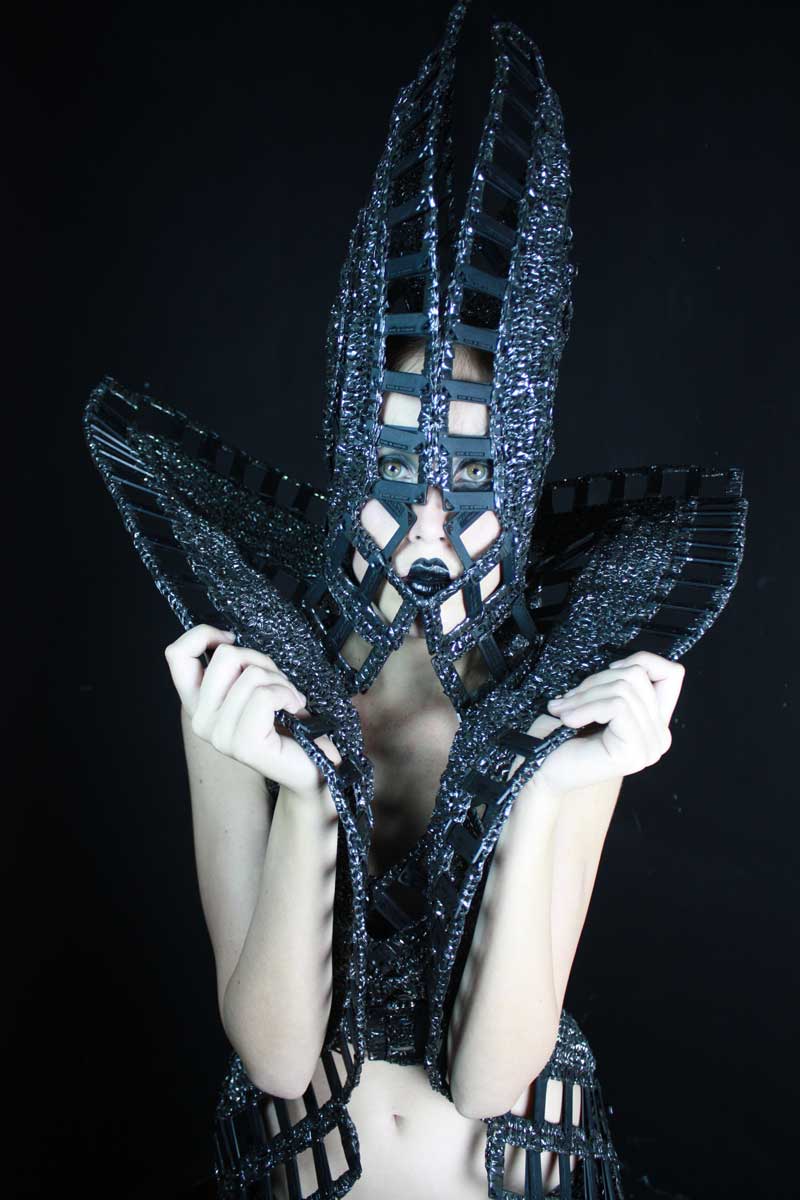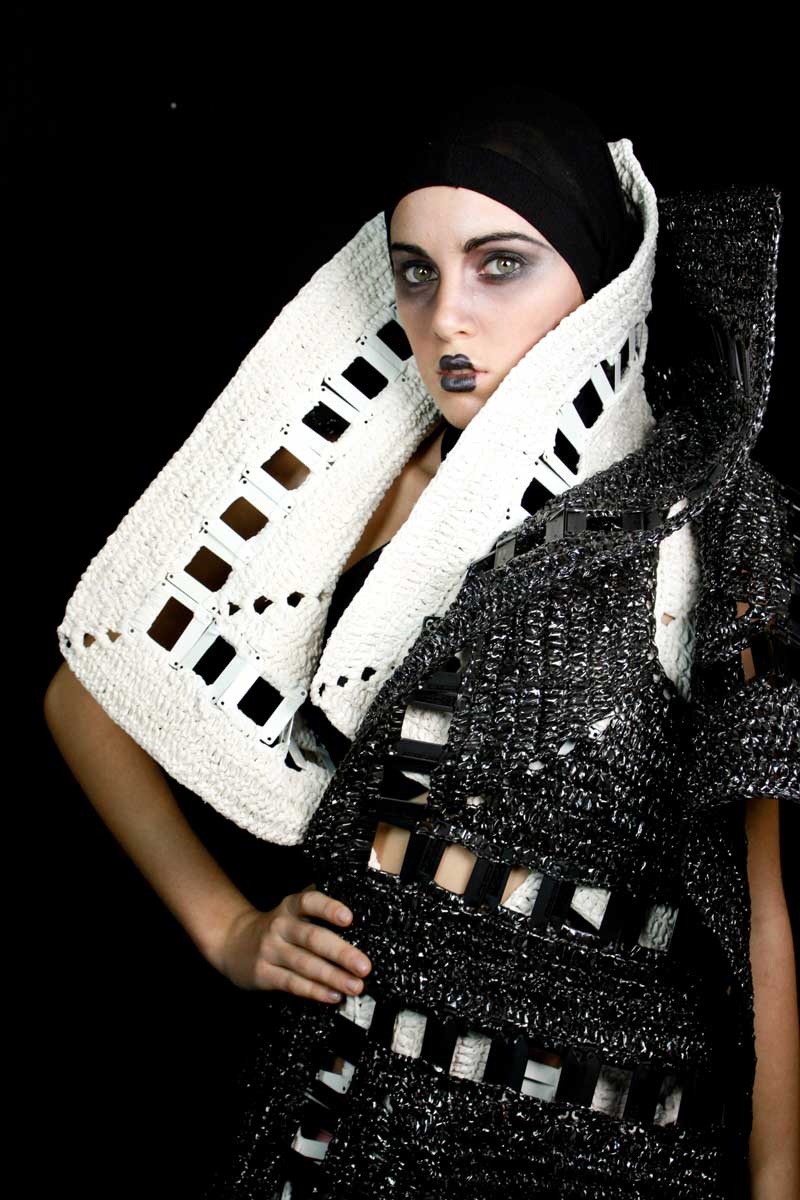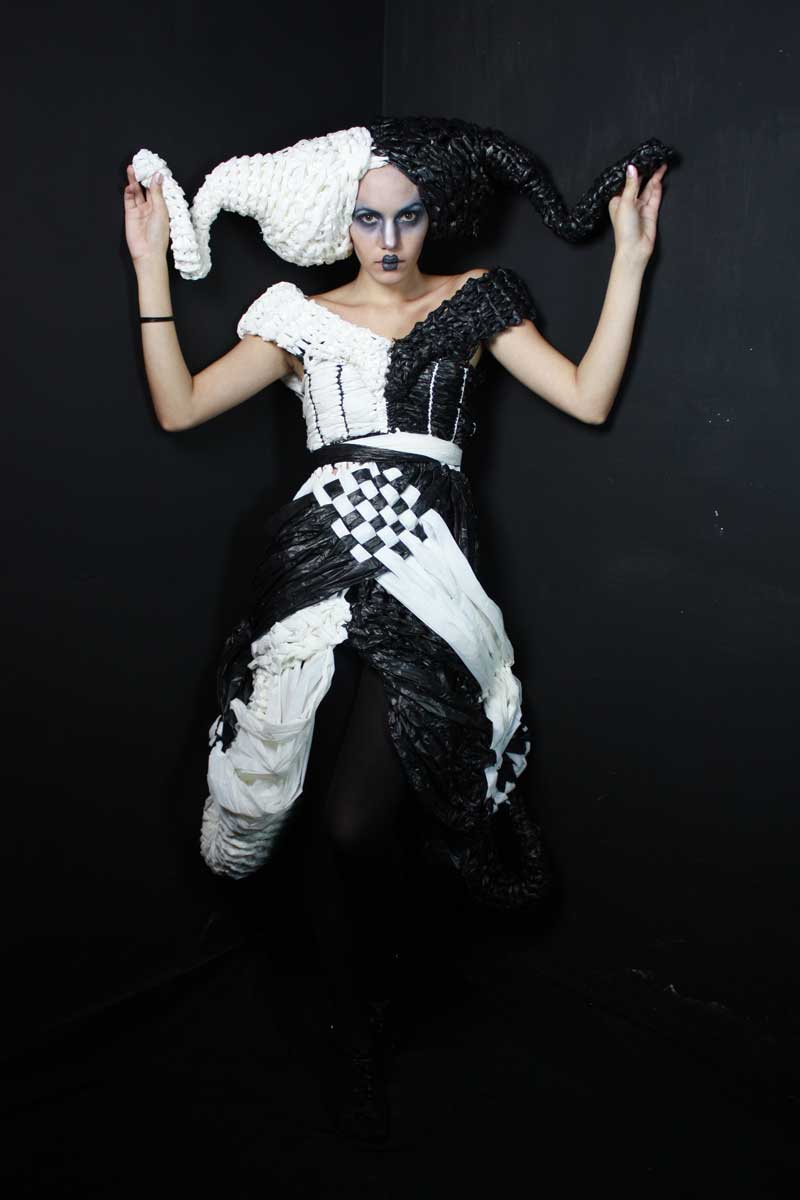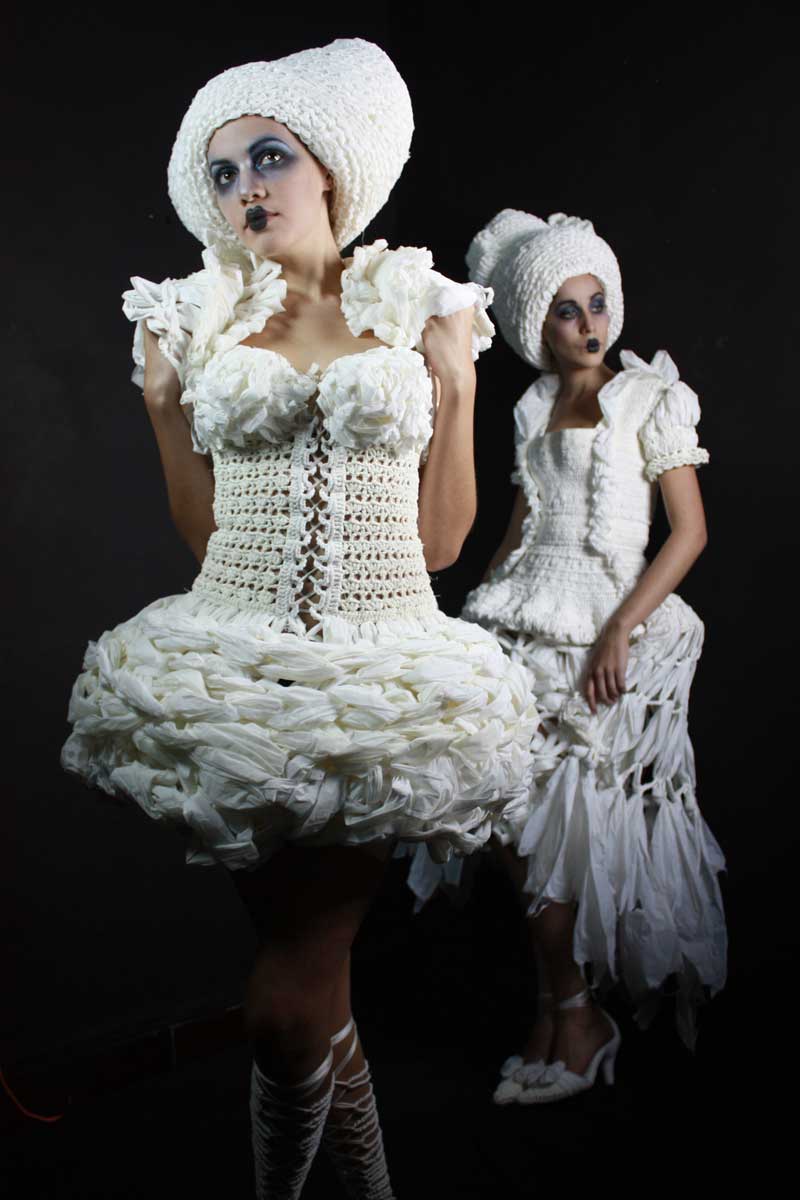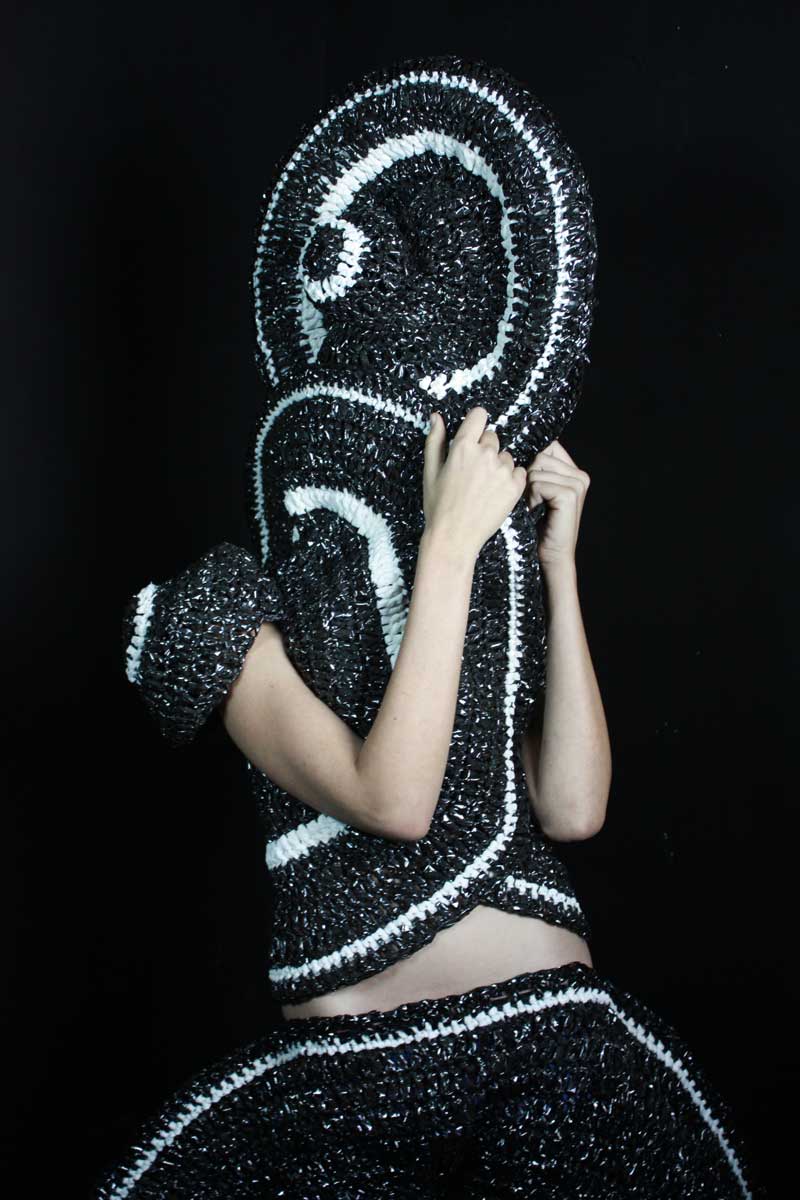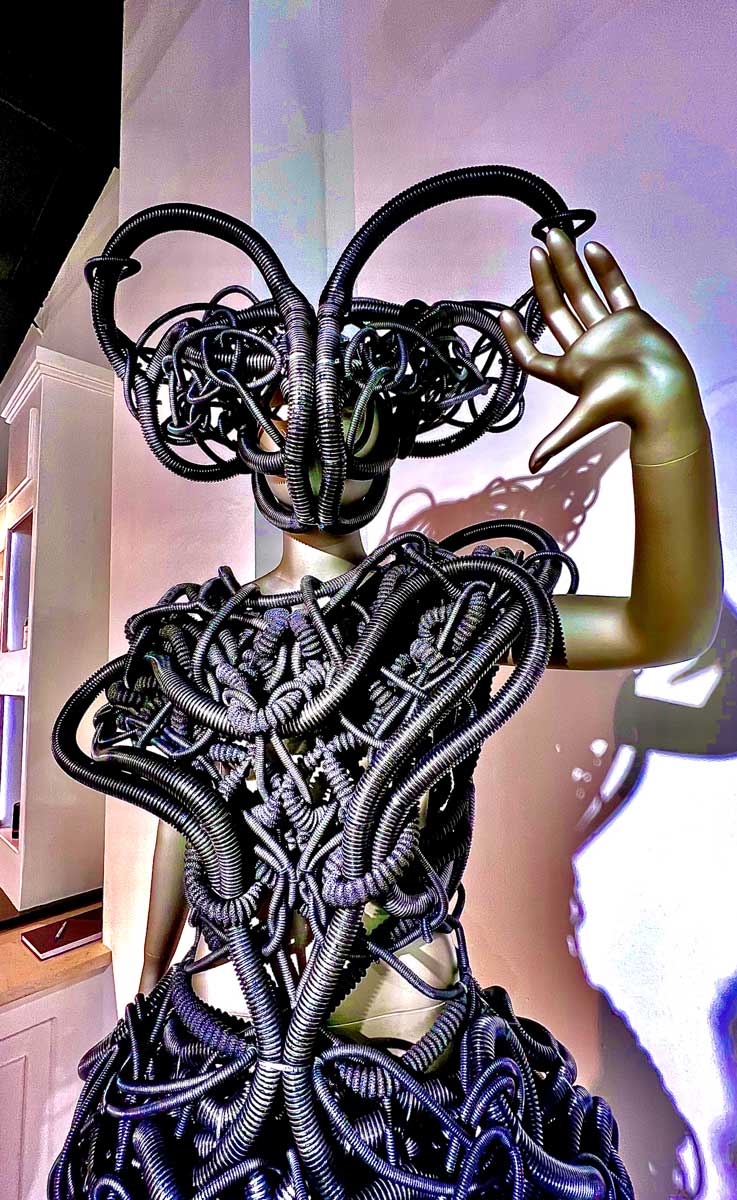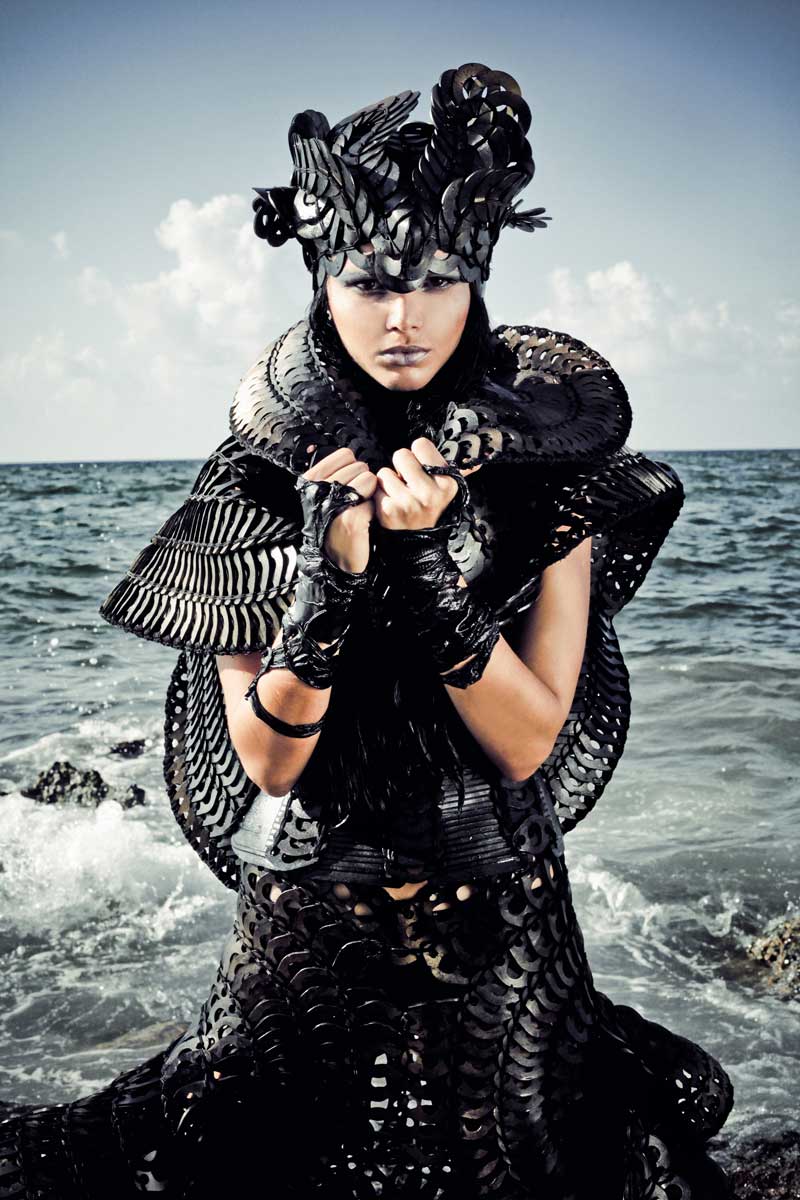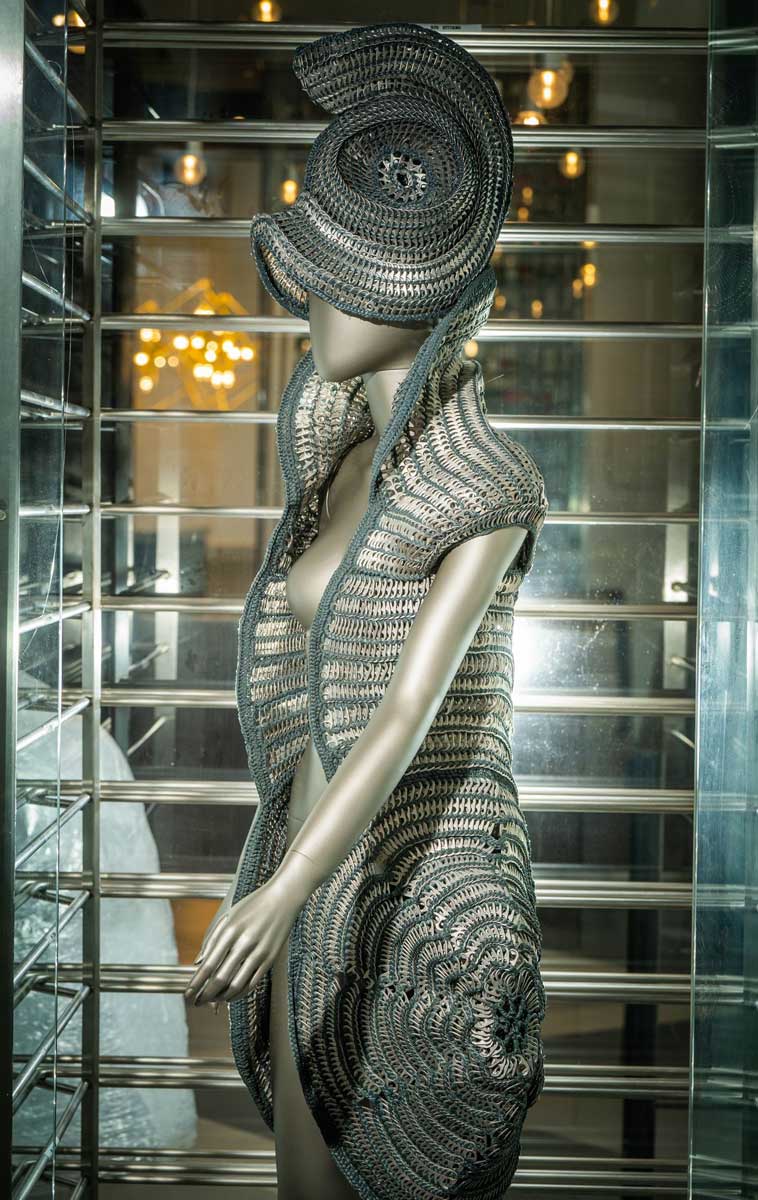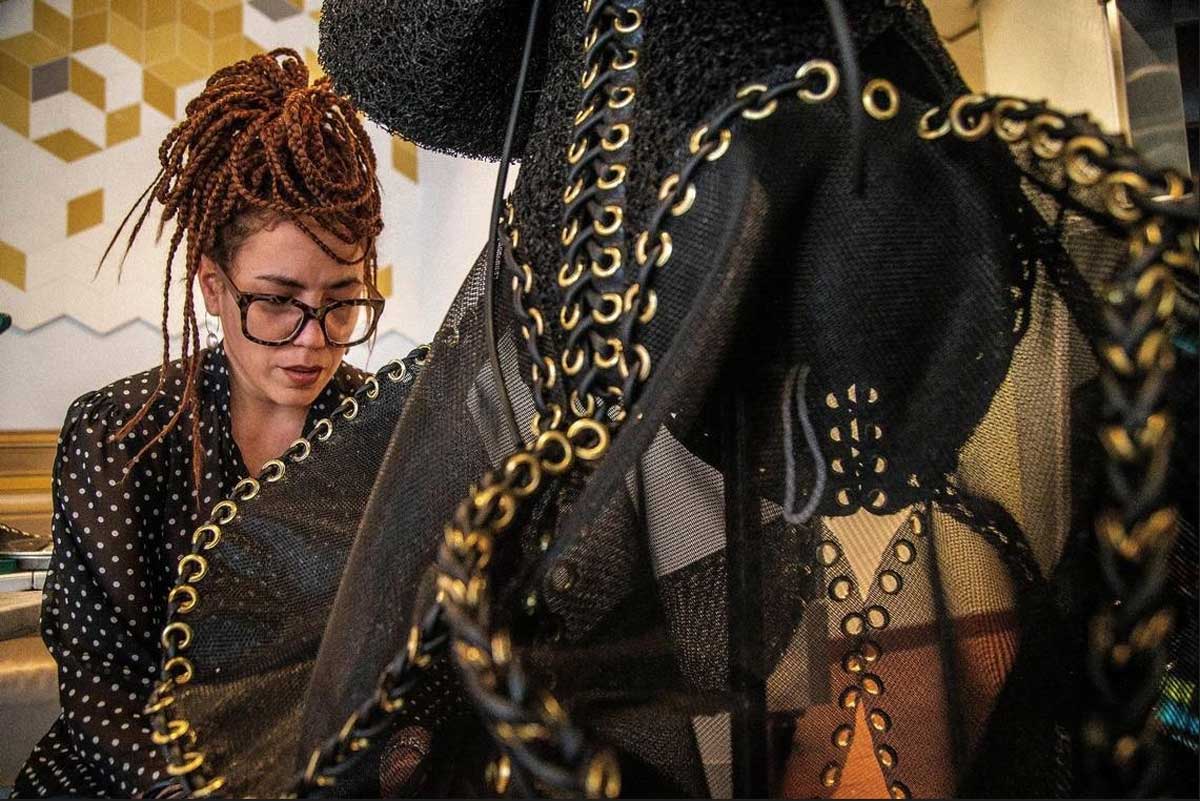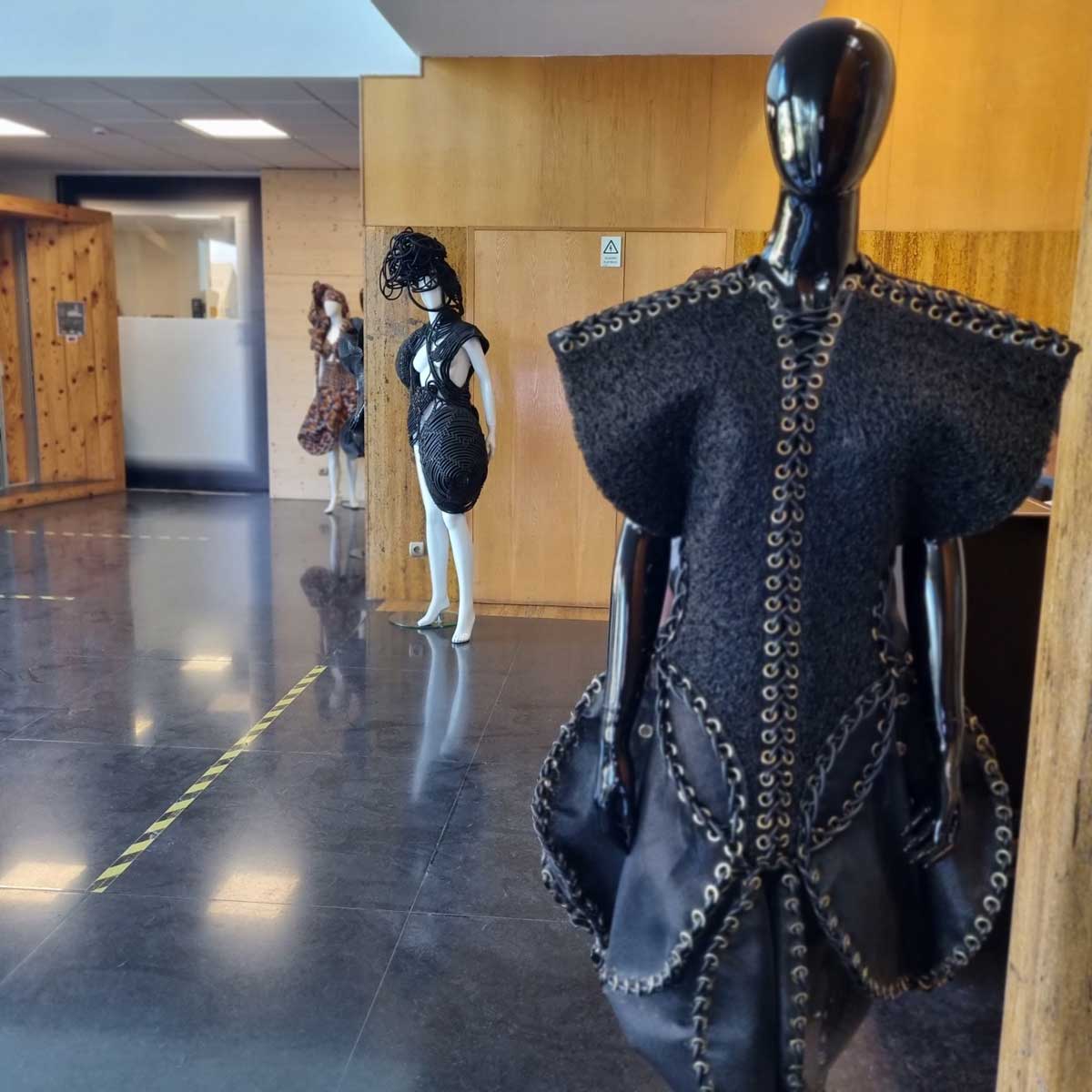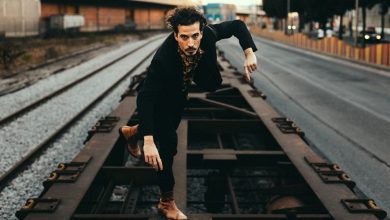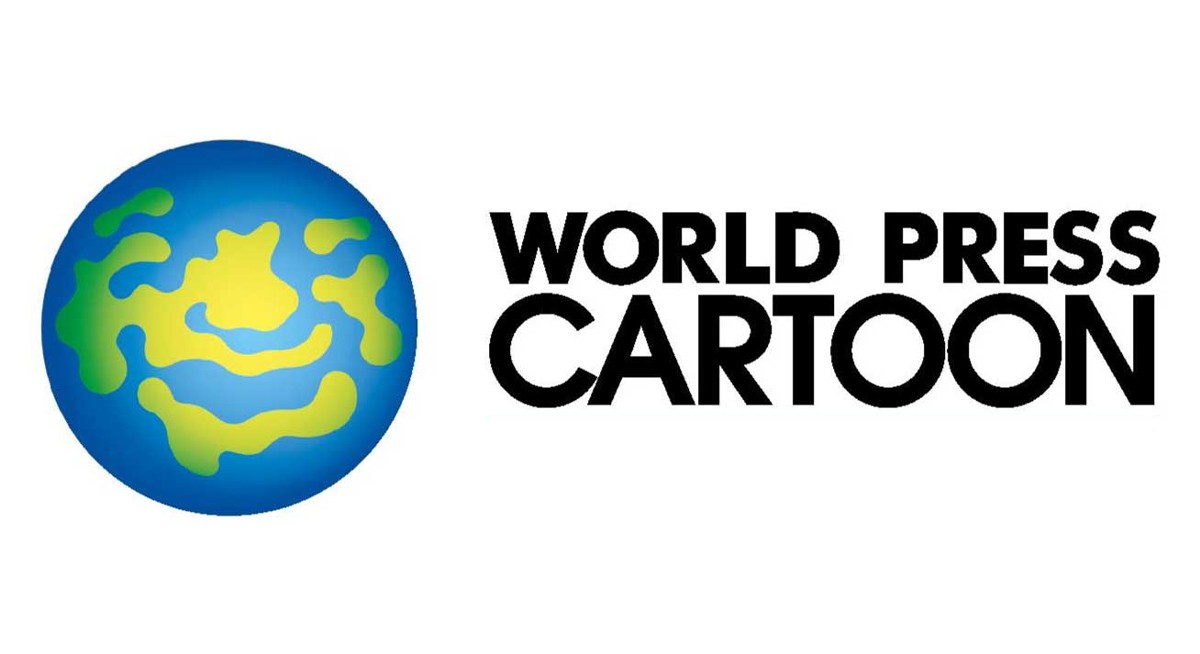Celia Ledón on display at Ecosteel
- Celia Ledón is a renowned Cuban industrial designer and art director.
- In 2018, she was considered, by Vaniy Fair magazine, as one of the five most inspiring fashion designers in Cuba.
- Her pieces are considered “Wearable Facilities” and embody fair and ethical sustainability principles: Reuse, Repurpose, Remake, and Zero Waste.
The ECOSTEEL Group (SA) has its main metalworking production unit in a space that, unusually, presents itself as an art gallery that has just hosted what Celia Ledón, the renowned Cuban industrial designer and art director, considers to be a “wearable installation”. In an exhibition of art, innovation, and design, there are more than 7 pieces on display to visit until the end of the year.
Internationally recognized for designing clothes with industrial materials, where each work is unique and does not follow any pattern, Celia Ledón considers that “each piece is an affirmation in itself, which narrates the oppression of fashion as a systemic representation in its inexhaustible cycle of irrational consumption. , extravagance and terrifying beauty.”
For the designer, considered in 2018 by Vanity Fair magazine as one of the five most inspiring fashion designers in Cuba, “each piece is a statement in itself, which narrates the oppression of fashion as a systemic representation in its inexhaustible cycle of consumption. irrationality, extravagance, and terrifying beauty. Each of her pieces embodies fair and ethical sustainability principles: Reuse, Reuse, Redo, and Zero Waste, principles also shared by the ECOSTEEL Group, whose companies share a strong sense of sustainability. According to the creator, “the reuse, recycling and use of obsolete and discarded materials are intertwined in the pieces with different manual techniques, creating different layers of interpretation and opposing concepts that generate various semantic pairs, such as ‘the industrial’ and ‘the industrial’. manual’, ‘every day and ‘the extravagances’, ‘the whole’ and ‘the part’, ‘the man’ and ‘the object man’”.
The designer makes each piece a call to action for sustainability, something she also does through the way and means of publicizing her work. “The fashion industry is one of the biggest polluters and the biggest example of excessive and uninterrupted mass production, whose only purpose becomes to be consumed, instead of serving its utilitarian purpose. An underdeveloped country can be a disheartening environment for an industrial designer and becomes challenging due to the obstacles of an under-equipped and almost non-existent industry”, she adds.
ECOSTEEL is today more than an industrial unit. Considered by many to be the “Creative Factory of Amorim” is a space where industry and art maintain a relationship based on environmental, economic, and social sustainability. In the gardens, which contrast all the industrial surroundings, it is possible to contemplate artistic installations by Siza Vieira, and Aires Mateus, among others.
Resident artists from ArtWorks (a company created to support artistic production) live with industrial technicians, exchanging ideas and sharing experiences. Cabrita Reis, José Pedro Croft and Júlio Sarnento are some of the well-known names in this house. The musical group, made up of collaborators, gets together, rehearses, and animates gatherings to the sound of originals that they themselves compose. “Art is part of the creative process, of innovation and transformation of something, which turns out to be what sets us apart as a company. In this sense, what could be more inspiring than the art itself in its most varied aspects?” asks José Maria Ferreira, CEO of ECOSTEEL.
Follow us on Facebook, Twitter, Instagram, Youtube, and TikTok and see the exclusive content for social networks.

